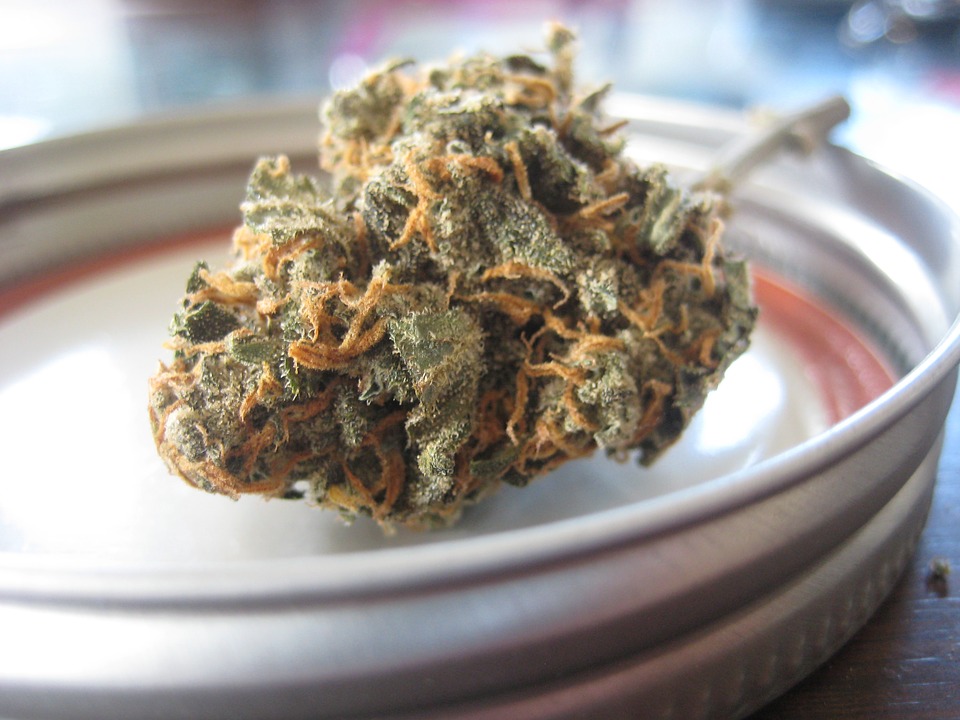The United States is currently on the brink of a healthcare crisis – the widespread addiction to opioids. Every year, over 13 million Americans misuse their painkillers, which leads to nearly 52,000 overdose deaths annually. Many are turning to medical cannabis to help battle this terrifying epidemic
The opioid crisis is hitting large cities and small towns indiscriminately and included in this is prescription drugs, heroin, and illegally manufactured fentanyl/carfentanyl. “With approximately 142 Americans dying every day, America is enduring a death toll equal to September 11th every three weeks,” stated the United States commission’s interim report.
The commission pleaded with the president to declare the opioid epidemic a national emergency under either the Public Health Service Act or the Stafford Act, which he eventually did. Out of the many heroin addicts studied over time, three out of four of them became heroin addicts because of a prescription painkiller they had previously received.
How Cannabis Helps
Research from Johns Hopkins Bloomberg School of Public Health and the Philadelphia Veterans Affairs Medical Center shows that medical cannabis can lead to a 64% decrease in opioid use and a 25% decrease in overdose deaths, although more research on cannabis in the rehabilitation setting is needed. Currently, only a small number of medical cannabis programs have addiction as a qualifying condition.
According to physician Jonathan Spero, who works with medical cannabis patients at The Healing Clinic in Illinois, many of his patients he sees are willing to forgo opiate painkillers in lieu of medical cannabis. “Most of the patients want to get off of their narcotics, which is refreshing for me, because I was an emergency room physician for 15 years,” Spero stated. “They want to use cannabis instead of narcotics, which is very unusual to hear.”
Cannabis is much safer than the majority of pharmaceutical medications available on the market today. There are minimal side effects, it’s non-addictive, and in the case of CBD and many other extracts, non-psychoactive as well.
What Are The States Doing About It?
As of now, 25 states plus Washington DC have some type of comprehensive medical cannabis program. However, most do not have drug addiction, or even chronic pain, listed as a qualifying condition. In Vermont, Democratic Governor Peter Shumlin released a statement regarding medical cannabis and opioid addiction, which has been ravaging his state.
“At a time when opiate addiction is ravaging our state and drug companies continue to urge our doctors to pass out painkillers like candy, we need to find a more practical solution to pain management,” mentioned Gov. Shumlin in a press release. “This bill ensures that Vermonters who are suffering will have access to medicine that is high quality, laboratory tested, and most importantly non-addictive.”
Arizona followed a similar path when Republican Governor Doug Ducey declared a public state of emergency over the opioid crisis and a recent spike in overdose deaths. The State responded by opening up Blue Door Therapeutics in Scottsdale, whose doctors recently started prescribing cannabis pills and patches to help ease the symptoms of opioid withdrawals.
Doctors at Blue Door encourage the use of cannabis pills and patches over the traditional method of smoking because it’s easier to measure a specific dose. Patients will also need to qualify for a medical cannabis card in the state. According to Dr. Ravi Chandiramani, Blue Door Therapeutics’s medical director, “Patients have to meet the state’s criteria for participation in the program, and that it will be used responsibly and in a way that’s not habit forming.”
As mentioned above, more research needs to be done on cannabis use in a rehabilitation setting. But considering its ability to alleviate pain, it makes a lot of sense that making the switch could help many people break their addiction to prescription opioids and other pain killers.
[Image credit- Flickr]








